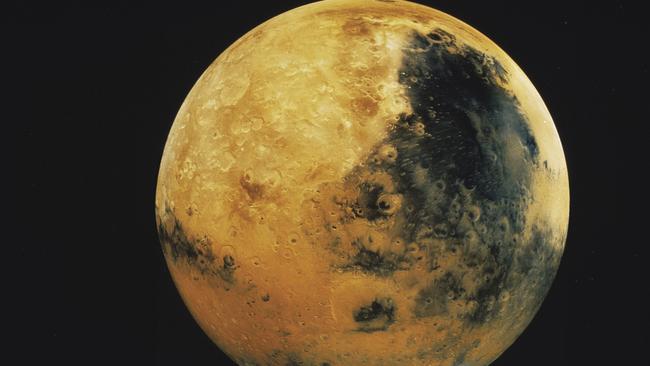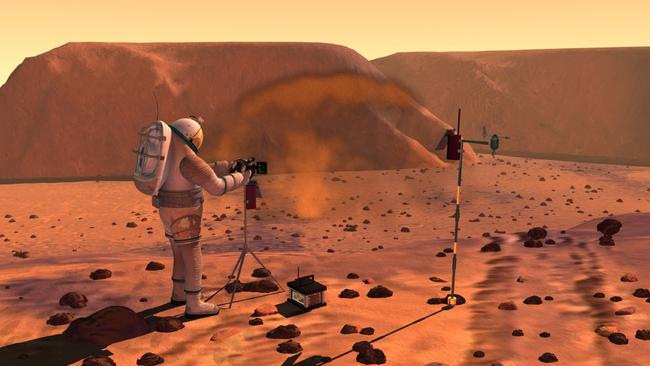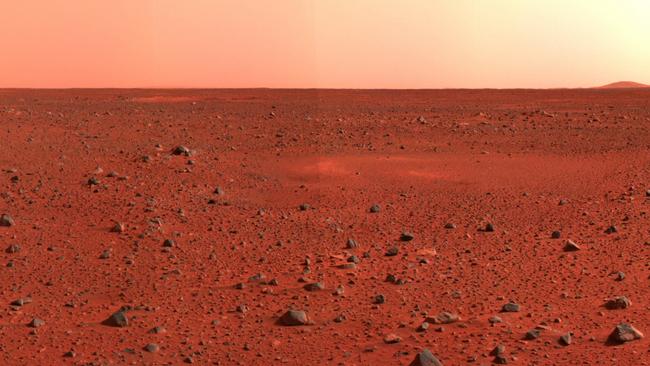NASA turns to Sydney professor Carolyn McGregor to keep astronauts alive on Mars
NASA has turned to Sydney professor and expert in life support systems Carolyn McGregor to make sure its astronauts can visit Mars in 2030 and live to tell the tale.
FROM saving babies to keeping astronauts healthy on Mars, it’s all in a day’s work for former Baulkham Hills schoolgirl Carolyn McGregor.
Professor McGregor (nee Bland) is a leading expert in health informatics, pioneering a computer program that monitors the health of patients.
The program is currently being adapted to check the vital signs of astronauts during NASA’S planned manned mission to Mars in 2030.
Last week, she added the title of AM to her name after being appointed a Member of the Order of Australia for service to science and innovation through health care information systems.

The journey to the top while impressive hasn’t always been easy. Prof McGregor was working as a computer scientist for the retail and banking sector when her newborn daughter, born prematurely, died from a rare chromosome disorder.
That same year she was invited to visit a neonatal intensive care unit at Nepean Hospital.
The experience followed by the loss of her daughter had a profound impact.
“When my daughter died I felt like I had a hole through my chest,” she said.
“You have such hopes and dreams for their life and your life with that child and then it is all gone.
“I came to know what it is like for a mother to have a baby die and when I saw the ways that they were not being helped in the NICU (Neonatal Intensive Care Unit) in the ways they worked I wanted to focus on trying to work out solutions to help.”

Prof McGregor developed a program called Artemis (named after the Greek goddess of fertility) that can help the early detection of life-threatening infections.
Today, Prof McGregor is based in Canada where she is working on a similar health-monitoring computer system for astronauts for the NASA mission to Mars in 2030.
“For my proposed solution for long-range space flight and the mission to Mars we use the same Artemis platform but have added more to enable us to watch how they are adapting and coping with weightlessness and we have the potential to look at mental state for things like depression,” she said.
“I want to do what I can to play our part in making sure that the people who take part in that can make the discoveries and come home alive to continue with their lives.”

Prof McGregor is part of an international group aiming to lift the numbers of women studying maths, science and engineering.
“Even just one woman on a ... design team can have an enormous impact on creative directions,” she said.
Prof McGregor went to school at Baulkham Hills North Public School and Muirfield High School before attending the University of Technology, where she received a bachelor of applied science in computer science honours degree, and a PhD in computer science.
“Creating and imagining with the latest technological gadgetry really is fascinating.”


